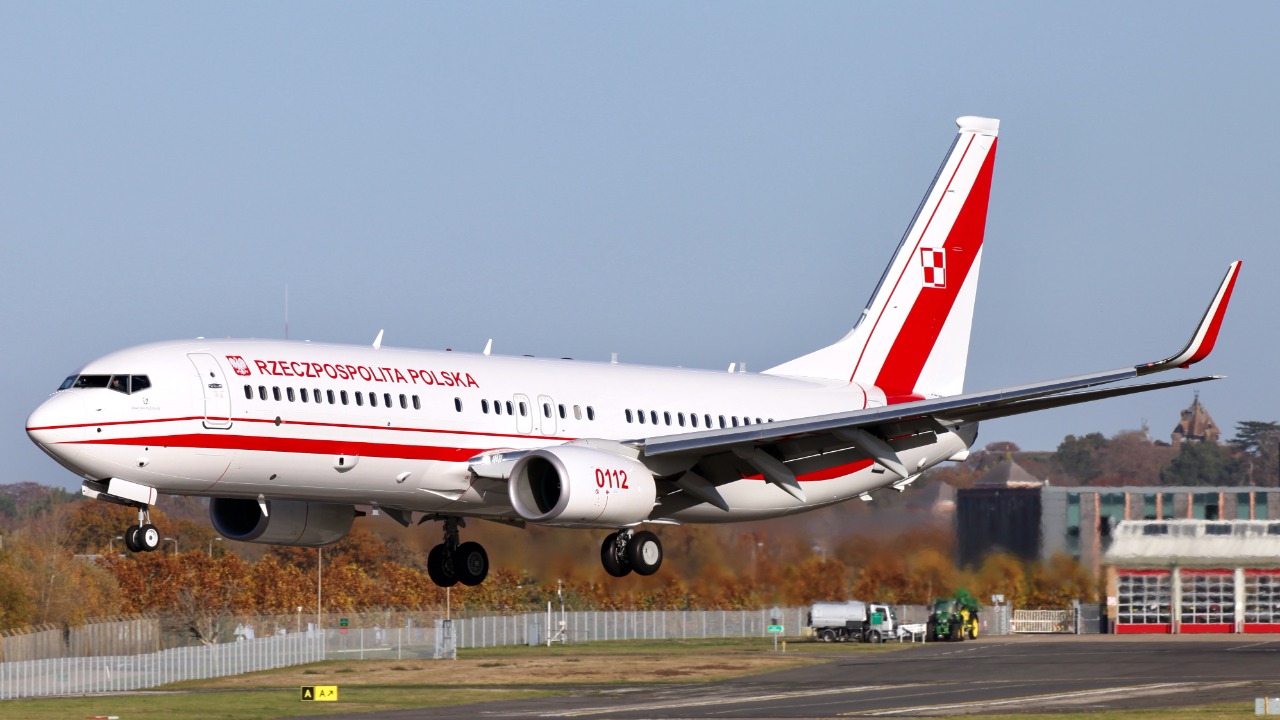
Boeing is currently grappling with significant delays in delivering aircraft to airlines, a situation worsened by the ongoing U.S. government shutdown. This shutdown is disrupting the regulatory approvals and inspections necessary for plane certifications, further extending delivery timelines. These compounded issues are affecting major carriers worldwide, leading to operational disruptions and financial strain.
Boeing’s Production and Delivery Backlog
Boeing’s delays in delivering completed planes to airline customers have reached unprecedented levels, with models like the 737 MAX facing significant hold-ups even after clearing certification hurdles. The backlog is not just a result of external factors; internal challenges such as manufacturing bottlenecks and quality control issues have also played a critical role. These problems have led to absurdly extended wait times for deliveries, frustrating airlines that rely on timely fleet expansions to meet passenger demand.
Major airlines, both in the U.S. and internationally, are feeling the impact of these delays. Carriers are experiencing operational disruptions as they struggle to manage schedules and maintain service levels without the new aircraft they anticipated. The delays are forcing airlines to adjust their operations, often leading to route cancellations and reduced capacity, which in turn affects their bottom line and customer satisfaction.
Impact of the U.S. Government Shutdown
The U.S. government shutdown has further complicated Boeing’s delivery schedule by halting Federal Aviation Administration (FAA) inspections and certifications. These are crucial steps in the process of releasing planes to airlines. Without these approvals, Boeing cannot proceed with deliveries, leaving completed aircraft grounded and unable to generate revenue for either Boeing or the airlines awaiting them.
The shutdown’s ripple effects extend beyond immediate delivery delays. Boeing’s supply chain is also experiencing setbacks, with parts approvals and export clearances tied up in the bureaucratic freeze. This situation creates a vicious cycle, where existing delays are compounded by new ones, making it increasingly difficult for Boeing to catch up and meet its delivery commitments.
Consequences for Airlines and the Aviation Industry
The financial strain on airlines waiting for Boeing planes is significant. With fleets grounded or underutilized due to these delays, airlines are losing potential revenue. The inability to deploy new aircraft as planned forces carriers to operate older, less efficient planes, increasing operational costs and reducing profitability.
Operational challenges are also mounting. Airlines are facing disruptions in fleet planning and route management, leading to cancellations and reduced service levels. This not only affects the airlines’ financial health but also their reputation and customer loyalty. As airlines struggle to maintain their schedules, passengers face increased inconvenience, potentially driving them to competitors.
Boeing’s prolonged delays are also eroding market confidence in the company’s reliability. Rivals like Airbus stand to benefit from Boeing’s struggles, as airlines may turn to alternative suppliers to meet their fleet needs. This competitive pressure underscores the urgency for Boeing to resolve its production and delivery issues swiftly.
Potential Paths Forward for Boeing
In the short term, Boeing might employ several strategies to mitigate delivery delays. These could include streamlining internal processes to enhance production efficiency and working closely with suppliers to ensure a steady flow of parts. However, the resolution of the government shutdown remains a critical factor in unlocking FAA support and accelerating certifications.
Resolving the shutdown would allow Boeing to resume the necessary regulatory processes, enabling the company to release planes to airlines more quickly. This would help alleviate some of the immediate pressures and allow Boeing to focus on clearing its backlog.
Long-term reforms at Boeing are essential to prevent future backlogs. Improving production efficiency and enhancing regulatory preparedness will be key to ensuring that Boeing can meet its delivery commitments reliably. By addressing these systemic issues, Boeing can restore confidence among its airline customers and maintain its competitive position in the aviation industry.
For more details on Boeing’s current challenges and the impact of the government shutdown, visit Jalopnik.